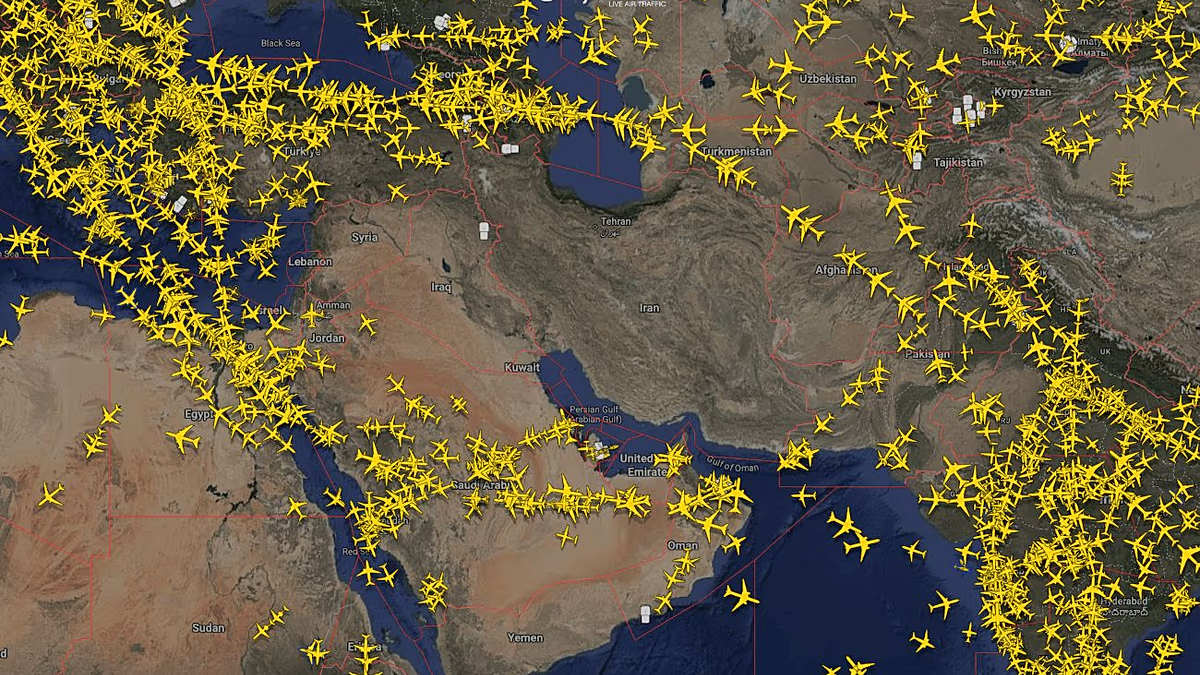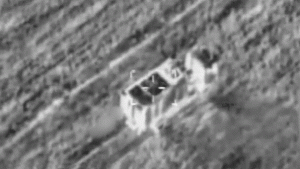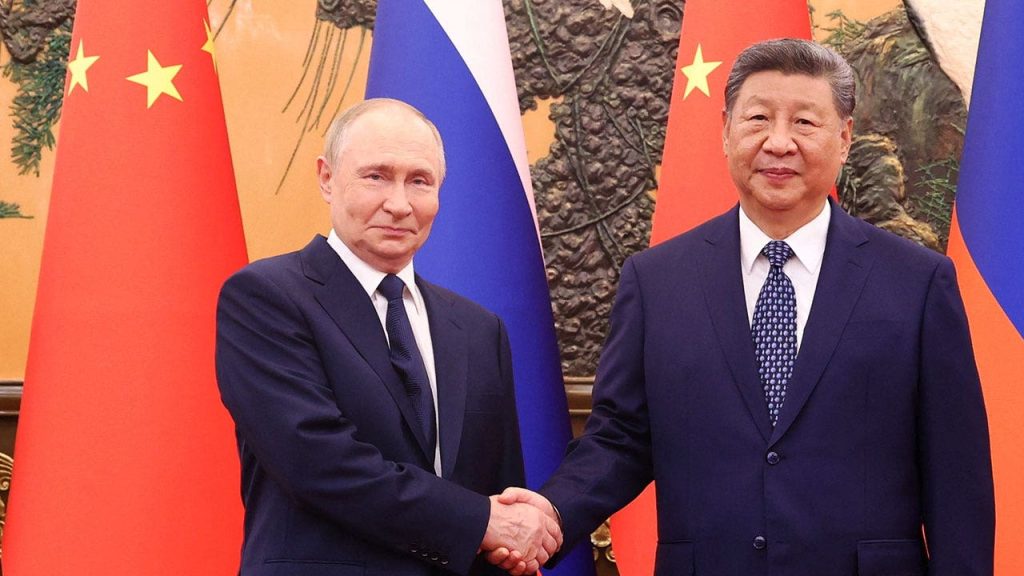Trump Accuses Putin, Xi, and Kim of Conspiracy Against the US Amid Beijing Military Parade
In a recent statement that has raised eyebrows across the diplomatic world, former US President Donald Trump took to social media to accuse the leaders of Russia, China, and North Korea of conspiring against the United States. The accusation came as Vladimir Putin, Xi Jinping, and Kim Jong Un gathered in Beijing for a military parade commemorating the 80th anniversary of Japan’s surrender in World War II. Trump’s comments highlight the growing concern about strengthening relationships between these three nations, which have historically maintained complicated and often adversarial relationships with the United States. The gathering of these world leaders represents a significant diplomatic event, especially as each country continues to navigate their individual challenges with American foreign policy.
Trump’s message on Truth Social began with what appeared to be a historical reminder, questioning whether President Xi would acknowledge America’s sacrifice and support for China during World War II. “The big question to be answered is whether or not President Xi of China will mention the massive amount of support and ‘blood’ that The United States of America gave to China in order to help it to secure its FREEDOM from a very unfriendly foreign invader,” Trump wrote. He continued by noting that “Many Americans died in China’s quest for Victory and Glory,” and expressed hope that these American soldiers would be “rightfully Honored and Remembered for their Bravery and Sacrifice.” This reference to historical US-China cooperation during WWII stands in stark contrast to the current tensions between the two nations, which have escalated over issues ranging from trade practices to geopolitical influence in the Indo-Pacific region.
What began as seemingly diplomatic rhetoric took a sharp turn when Trump concluded his message with direct accusations of conspiracy. After wishing China “a great and lasting day of celebration,” Trump added, “Please give my warmest regards to Vladimir Putin, and Kim Jong Un, as you conspire against The United States of America.” This blunt accusation reflects growing concerns among American political figures about the strengthening ties between these three nations, particularly as each has pursued policies that challenge American interests globally. The Beijing military parade itself served as a powerful symbol of China’s growing military might and its willingness to showcase this power on the international stage. The 70-minute display featured thousands of troops marching through Tiananmen Square and presented China’s latest military technology and weaponry, further emphasizing the country’s rapid military advancement in recent years.
The meeting in Beijing carried particular significance for each of the participating leaders. For Kim Jong Un, this represented his first trip to Beijing since 2019, suggesting a renewal of diplomatic engagement after years of relative isolation exacerbated by the COVID-19 pandemic. North Korea has been increasingly seeking to strengthen its relationships with both China and Russia, potentially as a counterbalance to Western pressure and sanctions related to its nuclear program. For Vladimir Putin, the gathering provided an opportunity to demonstrate that Russia is not isolated on the world stage despite widespread condemnation of the Ukraine invasion. During the meeting, Putin emphasized the “unprecedentedly high” level of relations between Russia and China, underscoring how the Ukraine conflict has pushed Moscow to deepen its partnership with Beijing as it faces sanctions and diplomatic isolation from Western nations.
For China’s President Xi, hosting this gathering of leaders offered a platform to demonstrate China’s growing influence as a global power broker. The military parade celebrating the defeat of Japanese forces in World War II was carefully choreographed not only to commemorate historical events but also to send a message about China’s current military capabilities and ambitions. By bringing together leaders who have contentious relationships with the United States, Xi effectively positioned China at the center of an emerging coalition of nations challenging the US-led international order. This strategic positioning comes at a time when China is asserting greater influence across multiple domains, from economic initiatives like the Belt and Road to more aggressive territorial claims in the South China Sea.
The gathering in Beijing reflects a broader realignment of international relationships in what many observers describe as an increasingly multipolar world. While Trump’s characterization of “conspiracy” may be politically charged, it does highlight legitimate concerns about deepening cooperation among nations that often position themselves in opposition to American interests and values. As Russia continues its war in Ukraine with China’s tacit support, as North Korea advances its nuclear and missile programs, and as China expands its military capabilities and global influence, the United States faces significant challenges in maintaining its leadership position in the international system. The Beijing meeting serves as a reminder that in today’s complex geopolitical landscape, historical alliances are being tested and new partnerships are forming that could fundamentally reshape the global balance of power for decades to come.















